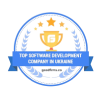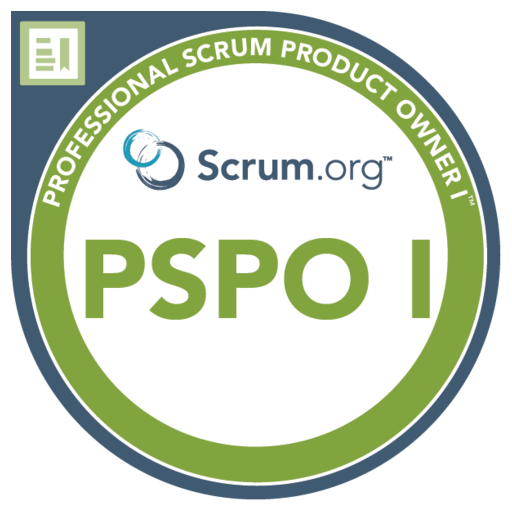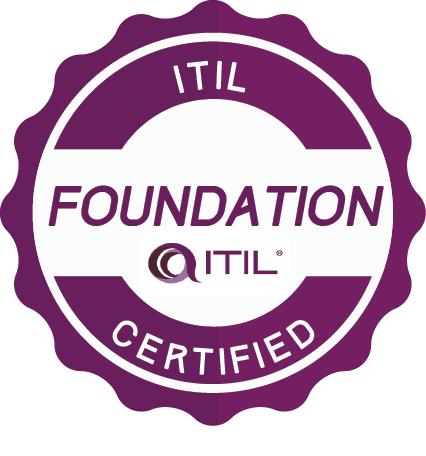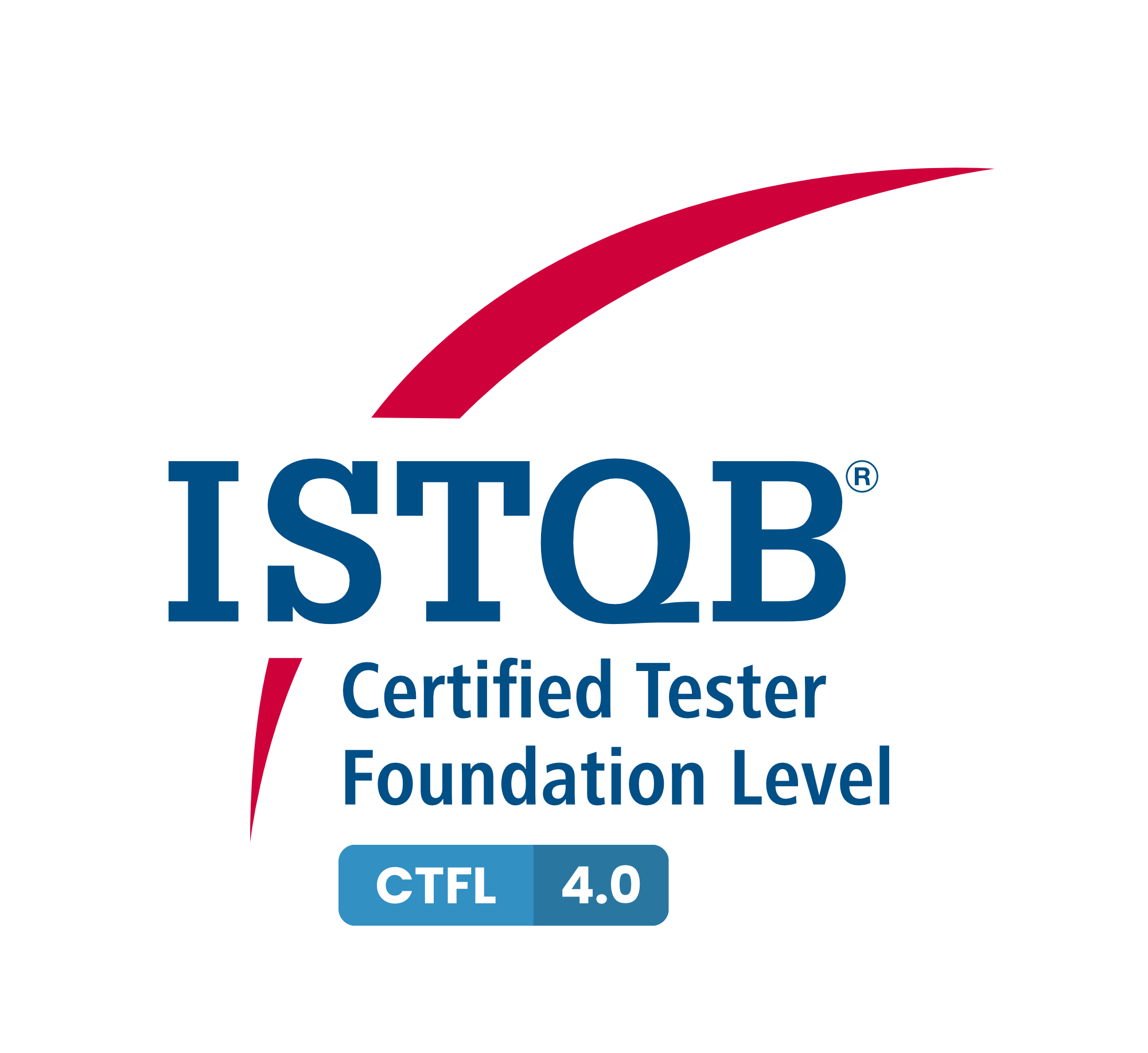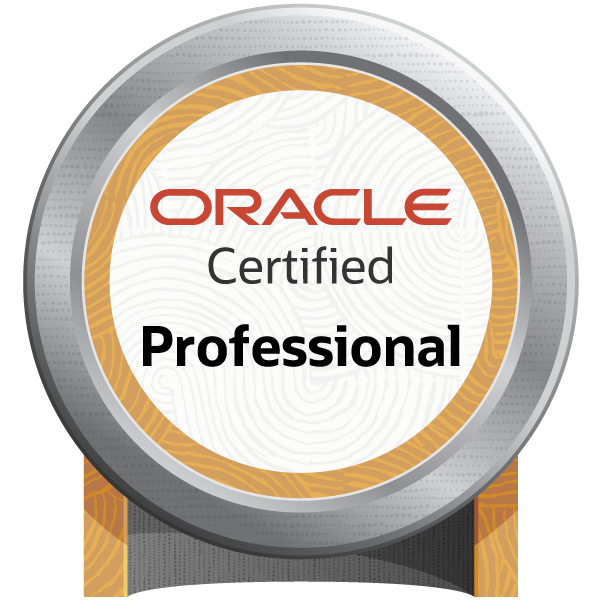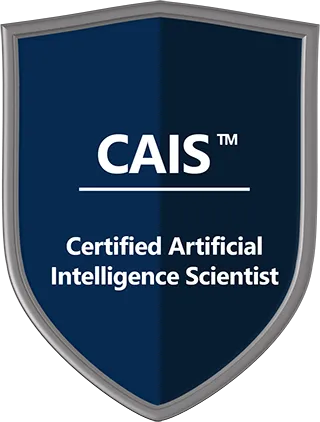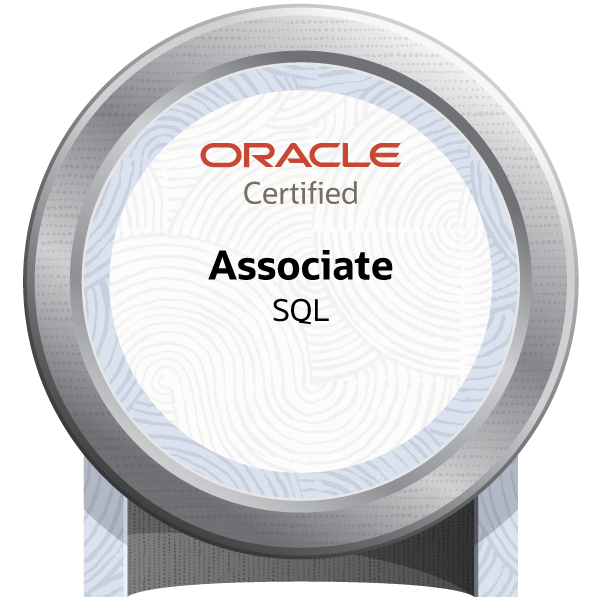Monitor and optimize your crop yields and reduce waste through data analysis. We’re connecting sensors and AI models that give you insights into crop health, soil conditions, and weather patterns. Make precise decisions about planting, watering, and harvesting without doing the guesswork.

AI Solutions for Agriculture Development
AI Solutions for Agriculture Services We Provide
AI solutions for agriculture are mainly focused on crops, soil and farming processes, but also include software for organizational efforts. See what Devox can develop for you.
-
Precision Farming
-
Crop and Soil Monitoring
AI-powered drones and satellites offer detailed images of fields, enabling the monitoring of crop health and soil quality. These images can help detect plant diseases, pests, and nutrient deficiencies at early stages, often outperforming human observation and freeing farmers from the daily necessity to check their crops.
-
Predictive Analytics
Make preemptive decisions to protect your crops, optimize yields, and reach better planning easily: by analyzing data from various sources of historical and real-time data (let’s say, weather and market trends), AI can predict weather conditions, crop failures, and pest invasions.
-
Automated Machinery
Tractors, harvesters, and other farming equipment equipped with AI can perform tasks such as planting, weeding, and harvesting autonomously, reducing the need for manual labor. This machinery will navigate fields with effectiveness, recognize and respond to crop and soil conditions, and operate safely around the clock.
-
Weed and Pest Control
AI algorithms can identify and differentiate between crops, weeds and pests, analyzing images from cameras and drones, allowing for targeted treatment that minimizes herbicide and pesticide use. Reduce costs allocated for pest control, minimize chemical usage, and lower the environmental impact of farming practices.
-
Supply Chain Optimization
Make sure your products reach the market in the most efficient way possible: AI can streamline agricultural supply chains by analyzing data across the entire supply chain from production and harvesting to distribution and market demand. You can also optimize delivery routes and reduce food waste.
-
Genetic Engineering
Analyze plant genetics and environmental data to breed crops with desired traits such as drought resistance or increased yield, contributing to food security. AI and machine learning algorithms will analyze genetic data from plants or animals to identify traits that can be enhanced or modified for desired outcomes like increased resistance to diseases, higher yields, or improved nutritional profiles.
-
Livestock Management
For animal farming, AI solutions help monitor the health and well-being of livestock, track their movements, and predict issues related to health and productivity. Devox creates AI-driven platforms that collect and analyze data from various sources, including RFID tags, cameras, and health monitoring sensors attached to livestock.
-
Use of Weather Forecasting
Our data scientists will collaborate with meteorologists to integrate vast amounts of meteorological data from satellites, ground sensors, and weather stations into predictive models using AI and machine learning techniques. You’ll receive highly accurate, location-specific weather forecasts that enable you to make informed decisions on planting, irrigation, and harvesting, minimizing the impact of adverse weather conditions and optimizing crop yields.
-
Agricultural Robotics
Designing autonomous robots equipped with sensors, AI, and machine learning algorithms to perform various farming tasks, such as weeding, planting, and harvesting. Reduce labor costs while raising quality thanks to around-the-clock operation, performing tasks with precision and consistency, thereby enhancing productivity and crop quality.
-
AI-enabled System to Detect Pests
Training machine learning models on vast datasets of crop images annotated with pest presence information. These models are integrated into software that analyzes images from drones or ground-based cameras to identify pest infestations early and accurately. Get timely alerts and recommendations for targeted interventions, significantly reducing crop damage and the use of pesticides to achieve healthier crops.
Benefits of AI Solutions for Agriculture
Benefits of AI in agriculture impact farmers’ work, soil and livestock, and the logistics process altogether. Take a detailed look at how you boost your operations and nurture your crops.
-
Boost Your Crops Growth, Harvest and Quality
AI-driven precision farming techniques enable farmers to optimize planting strategies and resource usage, such as water and fertilizers, improving crop yields and quality. It’s also possible thanks to AI-powered drones and satellite imagery that can monitor crop health in real-time, detecting issues like nutrient deficiencies, water stress, diseases, or pest infestations early on. This allows for timely intervention, reducing potential crop loss.
-
Cut Costs Like Weed
By automating routine tasks and optimizing resource allocation, AI solutions help reduce operational costs. For instance, smart irrigation systems minimize water usage, and AI-driven pest management reduces the need for pesticides. Moreover, by improving crop yields, reducing waste, and cutting down on costs, AI solutions help increase the profitability of agricultural operations.
-
Ward Off Market Volatility
AI predictive analytics help farmers and agribusinesses anticipate market changes, optimize pricing, and plan production accordingly. This reduces the risks associated with price fluctuations and market demand variability.
-
Improve Decision Making
With predictive analytics, farmers can make better-informed decisions about when to plant, water, and harvest crops. AI models can analyze historical data, weather forecasts, and current field conditions to predict outcomes more accurately.
-
Harness Sustainable Farming Practices
AI solutions promote sustainability by optimizing resource use and reducing waste. For example, precision agriculture techniques ensure that water, fertilizers, and pesticides are applied only where and when needed, minimizing environmental impact (conserves water, reduces chemical use, minimizes pollution, and promotes soil health).
-
Avoid Labor Shortages
Automation and robotics powered by AI can perform labor-intensive tasks such as weeding, harvesting, and fruit picking. This not only compensates for labor shortages but also frees up human resources for more complex decision-making tasks.
-
Optimize Supply Chain From Farm To Table
Using AI for agriculture helps in demand forecasting, managing inventory, optimizing delivery routes, and reducing food waste through better planning and logistics. In terms of the last, you’ll obtain the most efficient routes and schedules for transportation, with factors like perishability, market prices, and delivery deadlines calculated.
-
Become Resilient to Climate Change
Fight and overcome climate change challenges: AI agriculture tools will contribute to such resilience by analyzing climate data to help farmers adapt to changing weather patterns, choosing the most suitable crops, and applying the best farming practices.
Key Features of AI Solutions for Agriculture
Data Collection and Aggregation Module
This component is crucial for gathering data from diverse sources such as satellite imagery, drones, soil sensors, weather stations, and IoT devices placed around the farm. It aggregates and preprocesses the data to make it suitable for analysis. This module ensures a consistent and comprehensive data flow, which is foundational for accurate AI-driven insights.
Machine Learning and Analytics Engine
At the heart of precision agriculture AI software lies the machine learning and analytics engine. This engine processes the aggregated data to identify patterns, make predictions (e.g., yield prediction, pest detection), and generate actionable insights. It employs various machine learning models and algorithms tailored to specific agricultural tasks, such as convolutional neural networks (CNNs) for image processing and recognition or time series analysis for weather and crop growth predictions.
Decision Support System (DSS)
Based on the insights generated by the machine learning engine, the decision support system offers recommendations and actionable advice to farmers. This could include optimal planting times, water management strategies, or pest control measures. The DSS is crucial for translating complex data analyses into practical, decision-making tools.
Automation and Control Systems
For agriculture software that integrates with physical systems on the farm (e.g., automated irrigation, drones, robotic harvesters), this component controls the hardware based on insights from the analytics engine. It ensures that actions like watering, pesticide application, or harvesting are carried out at the optimal time and in the right quantities, enhancing precision and efficiency.
Integration and Interoperability Framework
Given the diverse ecosystem of devices and data formats in agriculture, AI software often includes a framework for integration with existing farm management systems, third-party applications, and various data sources. This ensures seamless data flow and enhances the utility of the software by allowing it to work in conjunction with other tools and systems.
Security and Data Privacy Module
This component protects the data collected and processed by the software, ensuring compliance with data protection regulations and safeguarding farmer privacy. It includes encryption, secure data storage, and access controls to prevent unauthorized access to sensitive information.


Humanising Autonomy: Behavioral AI SDK for Humanized Driver Assistance Systems (HDAS)
A computer vision SDK for predicting road user behavior and enhancing driver safety.
Additional Info
- C++
- OpenCV
- CUDA
- Github Actions
- Cmake
- Conan
- TensorRT
- ONNX
- Ambarella
United Kingdom

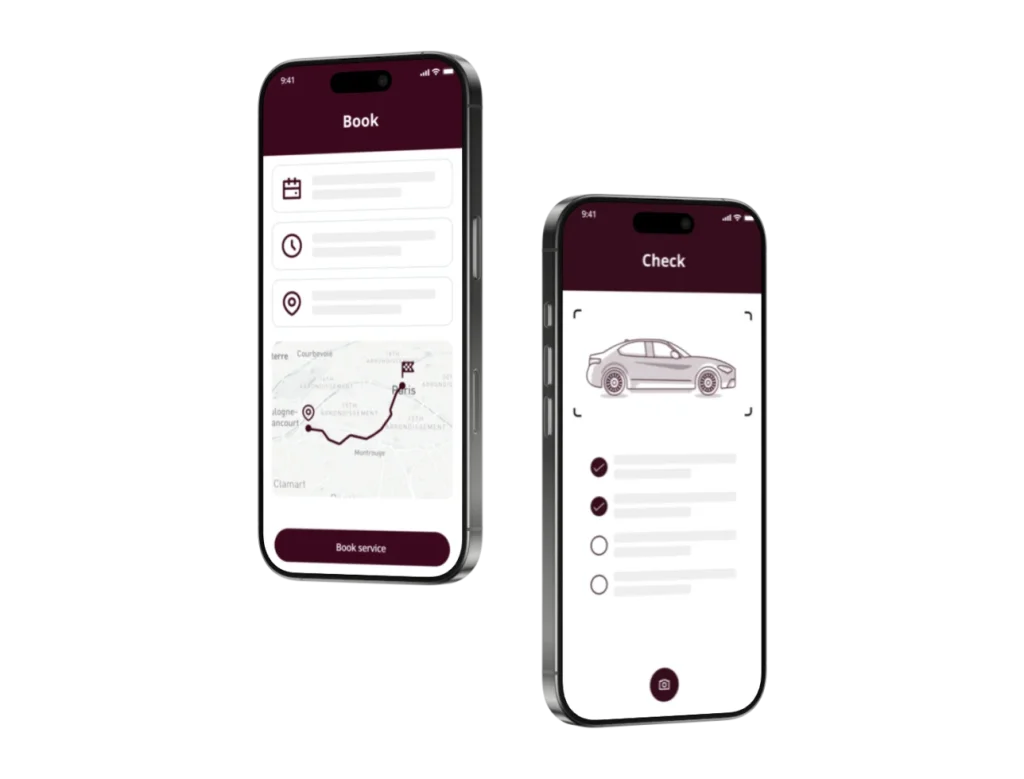
Otoqi: Custom Fleet Management System and Driver App for Pan-European Car Logistics
A turn-key transport management solution (TMS) that helps deliver cars throughout Europe.
Additional Info
- Angular
- Node.js
- PostgreSQL
- REST API
- AI algorithms
- Keycloak
- Selenium
France


Immersive Property Portal with 360° View for Real Estate Buyers and Brokers
A real estate portal designed to streamline property search, simplify renting and buying decisions with personalized housing recommendations.
Additional Info
- NET Core
- MS SQL
- ELK
- Angular
- React Native
- NgRx
- RxJS
- Docker
- GitLab CI/CD
UAE
Trusted by
Industry Contribution Awards & Certifications
Check Devox Software Awards on rating & review platforms among top software development companies and Certifications our team members holds.
- Awards
- Certifications
Testimonials
FAQ
-
How does AI in agriculture help farmers increase crop yields?
Artificial intelligence (AI) in agriculture aids farmers by analyzing data from various sources, including satellite imagery, weather patterns, and soil conditions, to provide precise recommendations for planting, fertilization, and irrigation. For instance, AI-driven models can predict the optimal planting time for each crop type by analyzing historical weather data and current soil moisture levels. This ensures that crops are planted at the most favorable time, enhancing germination rates and growth conditions, which directly contributes to increased crop yields. Additionally, AI algorithms can monitor crop health in real-time, allowing for early detection and treatment of diseases or pests, further securing crop yields.
-
Can AI solutions predict weather patterns accurately for agricultural planning?
AI solutions leverage advanced machine learning algorithms to analyze vast datasets, including historical weather records, satellite data, and climate models, to predict weather patterns with significant accuracy. For example, an AI system can forecast seasonal weather conditions, such as droughts or heavy rainfall, allowing farmers to adapt their planting schedules and crop selections accordingly. This predictive capability enables farmers to mitigate risks associated with adverse weather conditions, plan irrigation more effectively, and choose crop varieties that are more likely to thrive, ultimately reducing losses and optimizing agricultural outputs.
-
How does AI streamline the agricultural supply chain for agribusinesses?
AI streamlines the agricultural supply chain by providing predictive insights into crop production levels, demand forecasting, and logistics optimization. For instance, an AI model can analyze market trends, consumption patterns, and crop yield forecasts to predict demand for various agricultural products. This helps agribusinesses manage their inventory more efficiently, reducing waste and ensuring that products are delivered to the market at the right time. Moreover, AI can optimize delivery routes and schedules based on real-time traffic data, weather conditions, and delivery windows, reducing transportation costs and improving delivery times.
-
What are the environmental benefits of using AI in farming practices?
AI in farming significantly contributes to environmental sustainability by optimizing resource use and reducing waste. For example, precision agriculture powered by AI can significantly reduce water usage through smart irrigation systems that deliver water precisely where and when it’s needed, based on soil moisture levels and weather forecasts. Additionally, AI-driven pest management systems can identify and target specific areas of infestation, minimizing the use of pesticides and reducing chemical runoff into nearby ecosystems. These practices not only conserve valuable resources but also protect biodiversity and promote healthier soils.
-
How does AI assist in adhering to international agricultural regulations?
AI assists in adhering to international agricultural regulations by ensuring compliance with standards related to crop quality, pesticide use, and environmental protection. For example, AI systems can monitor and document the use of chemicals and fertilizers on crops, ensuring they do not exceed regulatory limits.
Furthermore, AI can help in tracing the supply chain from farm to table, providing transparency and proof of compliance with food safety standards. This is particularly important for exports, as AI-driven documentation and traceability systems can streamline the certification process required by international markets.
-
What is the role of AI in managing the challenges of climate change in agriculture?
One of the AI use cases in agriculture is to help this industry adapt to climate change by providing tools for better resource management, crop selection, and disaster preparedness. AI models can analyze climate data to predict long-term trends and suggest adjustments in farming practices, such as introducing drought-resistant crop varieties or altering planting schedules to match changing weather patterns. Additionally, AI can optimize irrigation and fertilization to conserve water and enhance soil health, making farms more resilient to climate variability. Through predictive analytics, AI also enables early warning systems for extreme weather events, allowing farmers to take preventive measures to protect their crops and livelihoods.
-
How do AI technologies ensure the accuracy of soil and crop health monitoring?
AI technologies ensure the accuracy of soil and crop health monitoring by utilizing high-resolution imagery from drones and satellites, combined with ground sensor data. These technologies employ machine learning algorithms to analyze the imagery and sensor data for signs of nutrient deficiencies, water stress, diseases, or pest infestations. For example, specific patterns in the spectral data from images can indicate the presence of certain diseases or pests before they become visible to the human eye. By processing and analyzing data in real-time, AI provides farmers with precise, actionable insights, allowing for timely interventions to maintain soil health and protect crops.
-
Are there AI solutions tailored for small-scale farmers or those in developing countries?
Yes, there are AI solutions specifically designed to be accessible and beneficial for small-scale farmers and those in developing countries. These solutions often focus on low-cost, scalable technologies that can be deployed with minimal infrastructure. For instance, mobile apps powered by AI can provide small-scale farmers with personalized advice on crop management, pest control, and market prices, requiring only a smartphone to access.
Additionally, community-based AI programs can aggregate data from small farms to provide insights on a larger scale, enabling cooperative actions for irrigation management or collective bargaining for better market prices. These solutions are tailored to overcome the challenges of limited resources, offering practical and affordable tools to improve productivity and sustainability.
-
What is the future of AI in agriculture?
The future of AI in agriculture heralds a transformative era where technology and farming converge to create more efficient, sustainable, and resilient agricultural practices. Advanced AI models will drive precision farming to new heights, enabling farmers to optimize resource use and significantly increase crop yields with minimal environmental impact. The integration of AI and robotics in agriculture will automate labor-intensive tasks, addressing labor shortages and freeing human resources for strategic decision-making.
The role of artificial intelligence in climate resilience will become increasingly critical too, providing actionable insights for adapting to changing weather patterns and mitigating the effects of climate change. Furthermore, the democratization of AI technologies promises to empower small-scale farmers worldwide, ensuring that the benefits of technological advancements are shared across the global agricultural community. This future vision is not just about technological innovation but also about fostering a more sustainable and food-secure world.
Want to Achieve Your Goals? Book Your Call Now!
We Fix, Transform, and Skyrocket Your Software.
Tell us where your system needs help — we’ll show you how to move forward with clarity and speed. From architecture to launch — we’re your engineering partner.
Book your free consultation. We’ll help you move faster, and smarter.
Let's Discuss Your Project!
Share the details of your project – like scope or business challenges. Our team will carefully study them and then we’ll figure out the next move together.
Thank You for Contacting Us!
We appreciate you reaching out. Your message has been received, and a member of our team will get back to you within 24 hours.
In the meantime, feel free to follow our social.
Thank You for Subscribing!
Welcome to the Devox Software community! We're excited to have you on board. You'll now receive the latest industry insights, company news, and exclusive updates straight to your inbox.
































